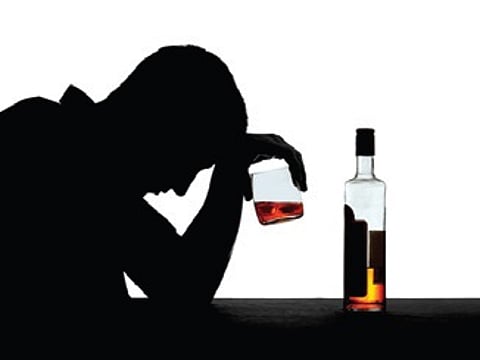

PATNA:Bihar Chief Minister Nitish Kumar’s real test of his governance skill will begin on April 1, when the ban on country-made liquor comes into effect and Indian Made Foreign Liquor (IMFL) will only be available in urban areas in a limited quantity. Liquor shops will be run by the government-owned Bihar State Beverage Corporation Ltd (BSBCL).
Going by other states where prohibition has been enforced for a long time, Nitish knows the task is not easy. “Kumar wanted to make a unique balance between his social commitment and the economic interest of the state,” said CPI(ML) leader Kamlesh Sharma. “Partial prohibition will not work as most rural areas are connected with urban centres. To tap this huge rural customer base, companies will launch economical brands, which will drain out more money from them,” he said.
In rural Bihar, the cottage hooch industry thrives in connivance with local police and excise officials. Nitish intends to bring a new legislation in the ongoing Assembly Budget session with a provision of capital punishment for hooch makers. The real challenge before his government is to check liquor smuggling from adjoining states.
“The government is planning to limit the consumption of liquor by implementing one bottle per person scheme,” said Excise and Prohibition minister Abdul Jalil Mastan. “To ensure this scheme works well, we will install CCTV cameras near every outlet. In a preventive measure, over 5,000 people have been arrested across the state under the Excise Act.”
In 2007, the state government introduced an excise policy that allowed the sale of liquor in remote villages. This resulted in huge increase in the excise revenue.
The ban on alcohol came after rural women raised a hue and cry against its sale, claiming that their were subjected to domestic violence by their alcoholic husbands.
In letter and spirit